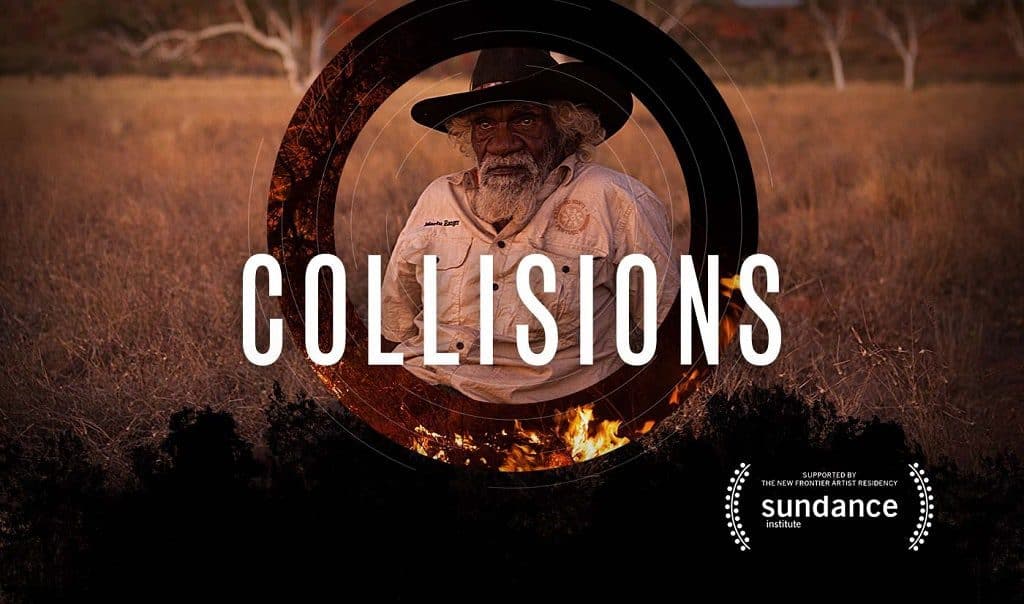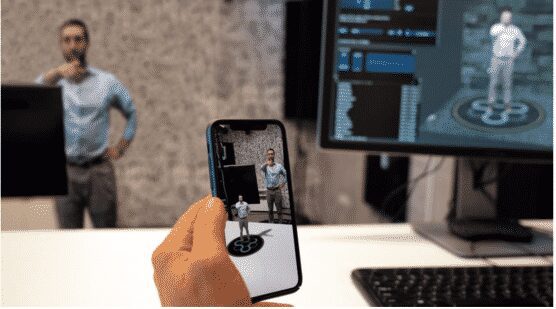Not shocked but surprised. That was our reaction to the news that Jaunt VR is giving up on virtual reality to focus on AR. In a post on Medium, they announced a major refocusing of the company. In a statement to Variety, they said,
Today we had to make some difficult decisions in an effort to realign Jaunt for continued success. We are restructuring the company, resulting in letting go of a significant portion of our staff.
They’re not the first VR company to go under – nor will they be the last. But the news is surprising as they were so early in the modern VR era. It’s hard to imagine but they were founded back in 2013. And they didn’t lack for funding or big-name backers – Disney and Google Ventures (GV) among them.
They did a striking number of groundbreaking productions. Their first cinematic VR experience was the six-part Paul McCartney VR documentary back in 2016. Later, the Collisions VR experience would take home an Emmy Award for its new approach to documentary.

So what happened to Jaunt VR?
We’ll get more details down the road, but three points are evident. A change was already hinted at with the announcement last month that Jaunt VR acquired the Personify Teleport system. It was clearly a major shift toward augmented reality – though we thought they’d continue with the VR productions.

TechCrunch offers a second reason – Jaunt VR may simply have shown up too early.
Jaunt’s VR effort was a victim of their going full throttle on an emerging business model before enough details were clear. Months before Oculus and HTC had even released their flagship headsets, Jaunt had already raised $100 million from investors with the promise that it was going to capture and gobble up the new VR medium before people even knew what it was.
It seems hard to imagine, but a year before HTC Vive and Oculus Rift were available, they were demoing VR productions at the 2015 VRLA conference. And talking about the dual challenges of quality and distribution when most of us had few ways to experience or access the work outside of a film festival like Tribeca or Sundance.
Which brings us to the third point – and the one of concern to us. Cinematic VR may be groundbreaking but even now, it has yet to find a solution to the distribution challenge. It’s not enough to do quality content; people need an easy way to access it.
We don’t see this move as signaling the end of cinematic VR. But it’s clear we still have a long way to go.
We’ll miss the incredible work Jaunt VR produced. They helped shape our ideas of what virtual reality could be. And how it could transform traditional cinema. Whatever happens in their AR focused future, they earned a place in the early history of VR.
Emory Craig is a writer, speaker, and consultant specializing in virtual reality (VR) and artificial intelligence (AI) with a rich background in art, new media, and higher education. A sought-after speaker at international conferences, he shares his unique insights on innovation and collaborates with universities, nonprofits, businesses, and international organizations to develop transformative initiatives in XR, AI, and digital ethics. Passionate about harnessing the potential of cutting-edge technologies, he explores the ethical ramifications of blending the real with the virtual, sparking meaningful conversations about the future of human experience in an increasingly interconnected world.

